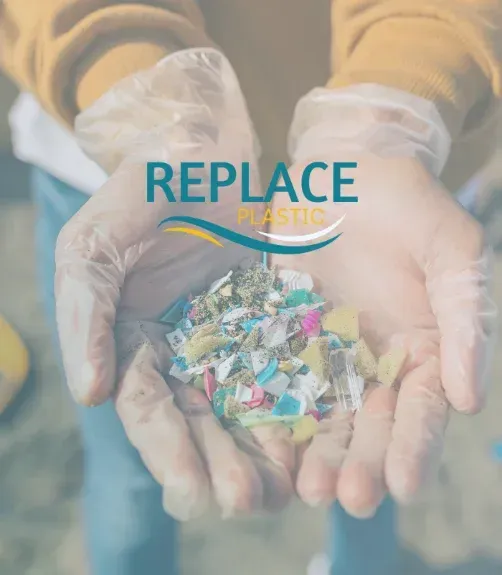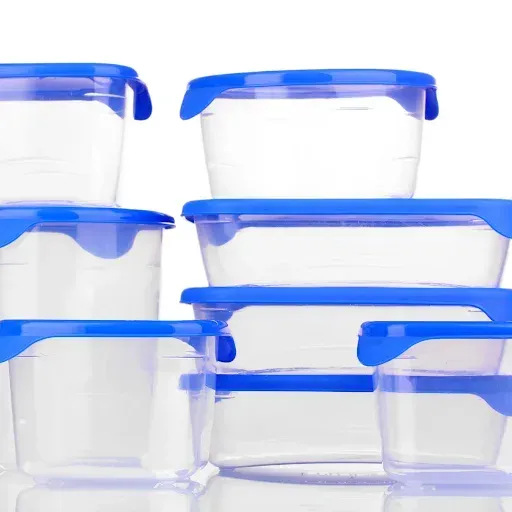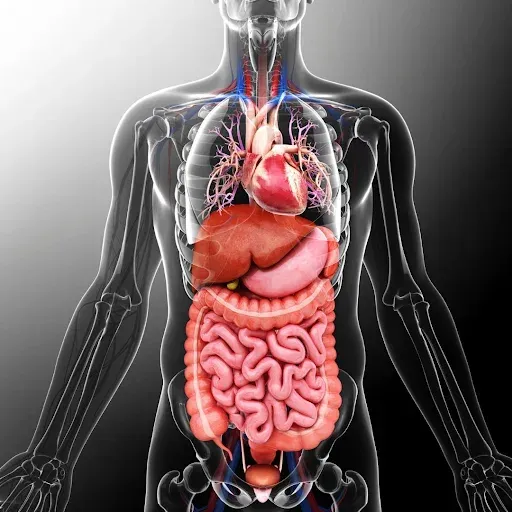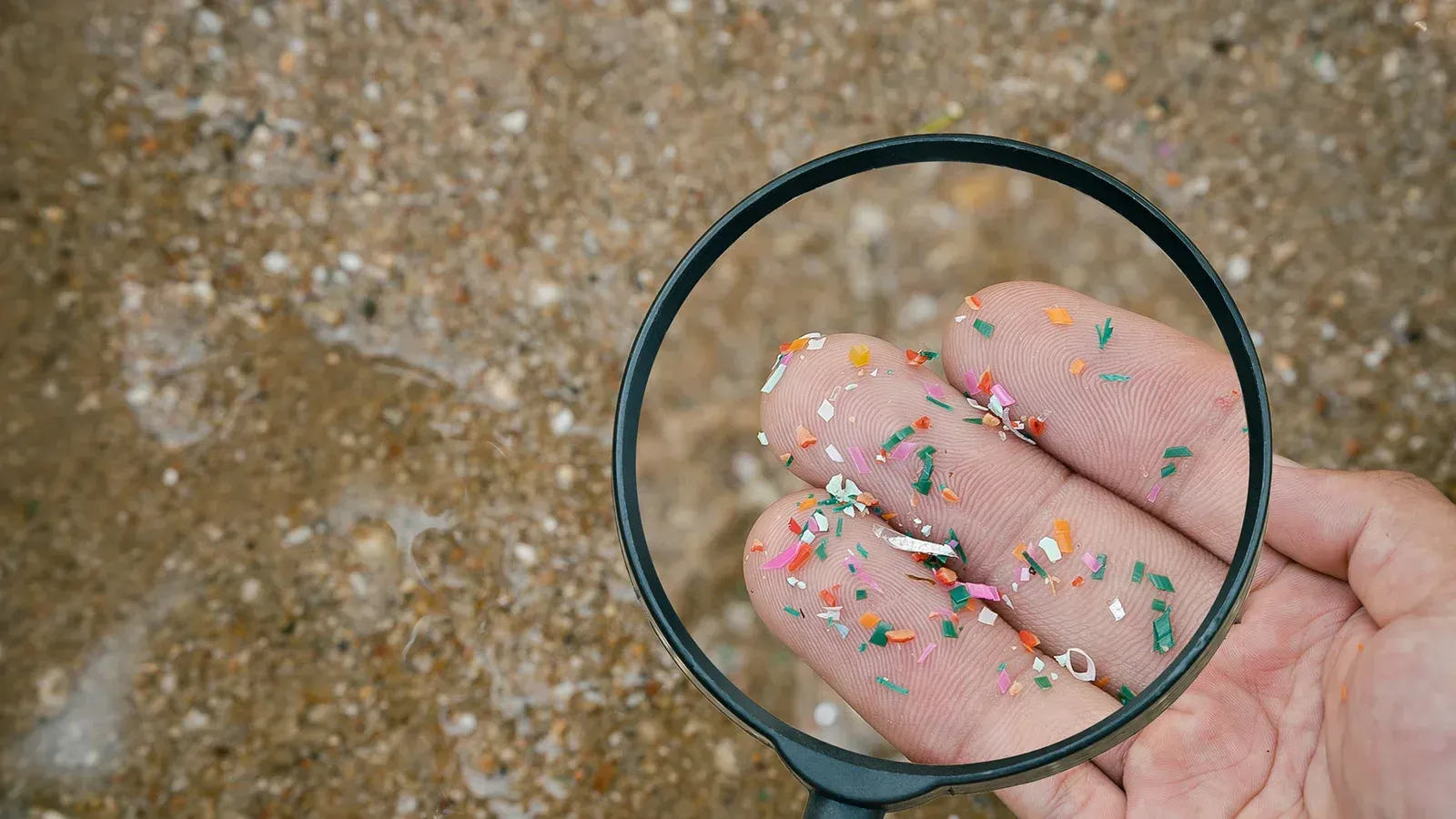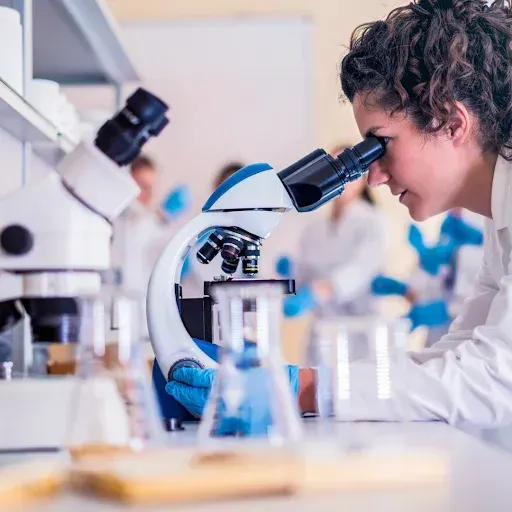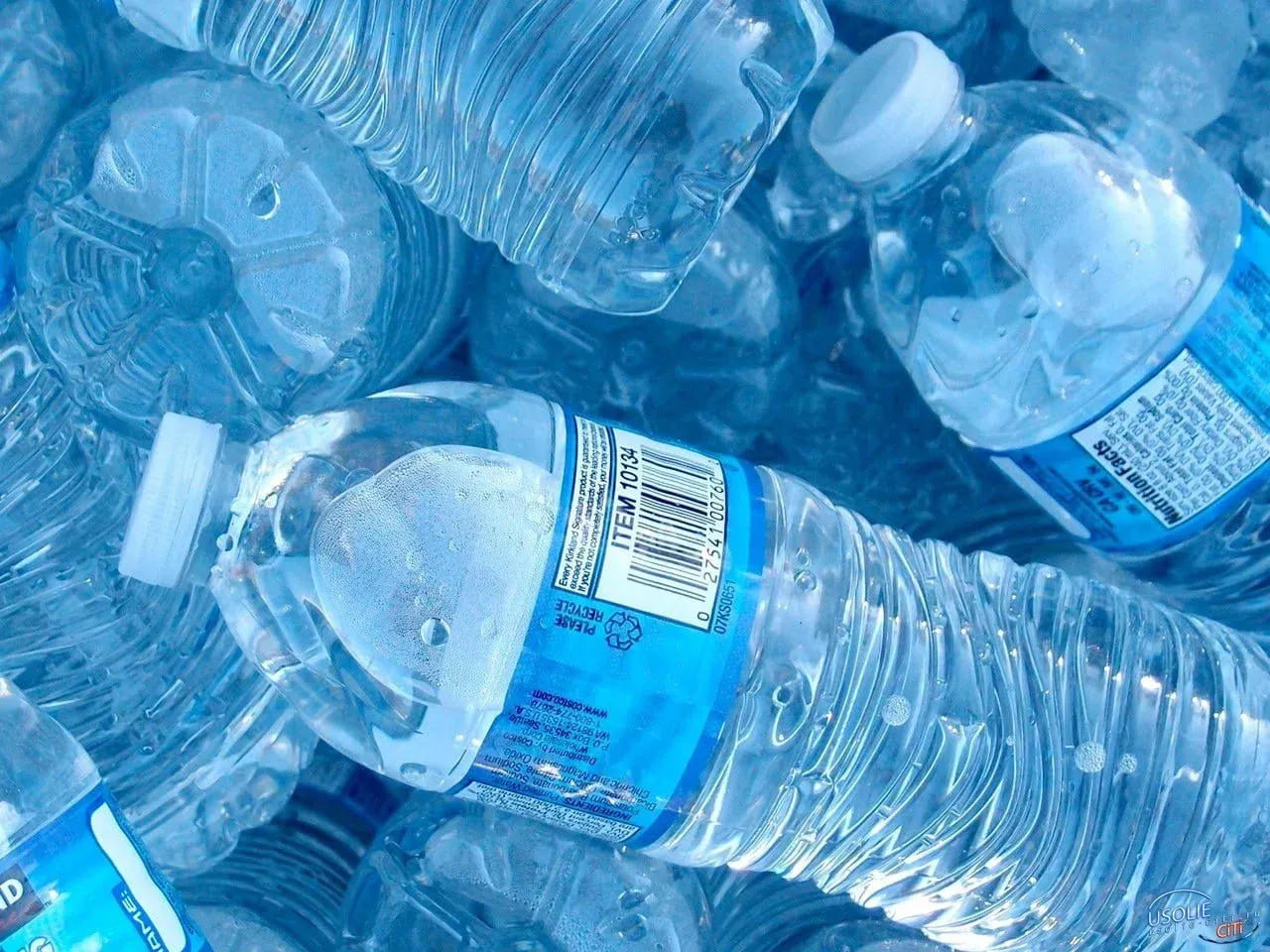K-Cups and Microplastics: Health Risks Every Coffee Lover Should Know
Affiliate Disclosure: This article contains affiliate links. If you purchase a product through these links, we may earn a small commission at no extra cost to you. Check out our complete Replace Plastics Top Picks for more eco-friendly alternatives.
For many, a good cup of coffee is the perfect way to start the day. The convenience of K-Cups has made brewing coffee as simple as inserting a pod and pressing a button. However, recent concerns suggest that these little plastic capsules might be leaking unwanted microplastics into your coffee. In this article, we’ll dive into the science behind microplastics, explore the potential health risks of K-Cups, and offer safer, eco‑friendly alternatives so you can enjoy your brew without compromise.
K-Cups and Microplastics: What Every Coffee Lover Needs to Know
K-Cups are made primarily from plastics like polyethylene. Although designed for single use, the high temperatures during the brewing process can cause these materials to degrade. As they break down, microplastics and chemicals—including BPA and phthalates—may leach into your coffee.
What Are Microplastics?
Microplastics are tiny plastic particles less than five millimeters in size. They are created when larger plastic items break down or when products include microbeads and similar additives. In the context of K-Cups, the plastic material can fragment under heat, introducing microplastics into your beverage.
The K-Cup Connection: How Microplastics Are Released
Breakdown Under Heat
When K-Cups are exposed to high temperatures during brewing, their plastic components can degrade. This degradation may release microplastics along with chemicals such as:
- Polyethylene: A common, lightweight plastic that can break down when heated.
- BPA (Bisphenol A): An endocrine disruptor linked to hormonal imbalances and developmental issues.
- Phthalates: Chemicals used to enhance plastic flexibility that may also affect hormonal and reproductive health.
Even though many brands now advertise “BPA‑free” or “phthalate‑free” products, some K-Cups may still contain these substances, and even trace amounts can become a concern when consistently exposed to heat.
The Health Risks of Drinking Microplastics
Emerging research suggests that microplastics can carry harmful chemicals and potentially disrupt your endocrine system. Over time, these particles may accumulate in the body, increasing the risk of:
- Hormone Disruption: Exposure to BPA and phthalates can interfere with hormone balance, potentially impacting reproductive health, weight regulation, and even cancer risk.
- Toxin Accumulation: Microplastics can act as carriers for other toxins, posing long-term health risks that are difficult for the body to detoxify completely.
While the science is still evolving, reducing your exposure to these substances is a smart precaution.
Safer Alternatives: Enjoying Your Coffee Without the Plastic
Fortunately, there are several eco‑friendly options that let you savor your coffee without compromising your health:
1. Reusable Stainless Steel K-Cups
Switching to reusable stainless steel K-Cups is one of the simplest solutions. These durable pods let you brew your coffee with your own favorite ground beans—eliminating disposable plastic waste and reducing the risk of microplastic contamination.
2. Eco‑Friendly Coffee Pods
Look for coffee pods made from plant‑based or compostable materials. For example, brands like
beaniac offer compostable pods that eliminate plastic waste and lower the risk of leaching chemicals.
3. Stainless Steel Coffee Makers
For those willing to upgrade their brewing method, consider stainless steel or pour‑over coffee makers. These methods bypass the need for plastic pods altogether, ensuring your coffee is free from microplastic contamination.
Choose Wisely for Your Coffee and Health
The convenience of K-Cups may be hard to resist, but when you consider the potential risk of microplastic exposure, it’s time to think twice. By choosing reusable or eco‑friendly alternatives, you can protect your health and the environment without sacrificing your love for a great cup of coffee.
Remember, every small change counts. When you opt for sustainable brewing methods and products, you’re not only safeguarding your health—you’re also contributing to a healthier planet.
For more insights and product recommendations, be sure to check out our other blogs and Top Replace Plastics picks.
